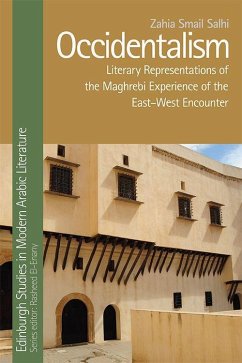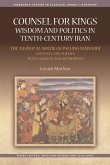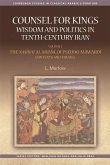'Ambitious and lucid, this book provides a comprehensive view of modern Algerian literature originating in the colonial period through the lens of "occidentalism". It is a valuable addition to the scholarship on the enduring, complex, and shifting relationship between coloniser and colonised in the production of literary knowledge.' Marnia Lazreg, City University of New York Explores the encounters between East and West in Maghrebi literature in the pre-1945 period Maghrebi literature published in the first half of the twentieth century is a subject that seldom receives focused scholarly treatment. This is partly due to limited availability of the books, some of which were printed in as few as fifty copies. Zahia Smail Salhi tracked down these rare works and put them in the spotlight for the first time here. Through close textual analysis and in-depth engagement with religious and socio-political contexts, Smail Salhi determines whether these texts belong to a collective formation we may call 'Occidentalism'. In so doing, this book reintegrates the pre-1945 Maghrebi novels into the history and study of modern Arabic literature. Key features . Focuses on the work of early Algerian intelligentsia known as the Young Algerians and their insistent letters to the Occident; . Depicts the Maghrebi encounter with the Occident as a plea to extend Western civilization to all factions of the colonized society; . Engages with the work of early French feminists and its impact on the birth of Algerian feminism; . Includes readings of key texts by Chukri Khodja, Saad ben Ali, Djamila Débêche, Fadhma Amrouche, Mouloud Feraoun, Mohamed Dib, Ferhat Abbas and Albert Memmi, amongst many others. Zahia Smail Salhi is Chair of Modern Arabic Studies, University of Manchester, and Vice-President of the British Society for Middle Eastern Studies. She is the author of Politics and Poetics in the Algerian Novel (1999). Cover image: © QARM QART qarmqart.com Cover design: www.richardbudddesign.co.uk [EUP logo] www.euppublishing.com ISBN 978-0-7486-4580-0 Barcode
Hinweis: Dieser Artikel kann nur an eine deutsche Lieferadresse ausgeliefert werden.
Hinweis: Dieser Artikel kann nur an eine deutsche Lieferadresse ausgeliefert werden.








